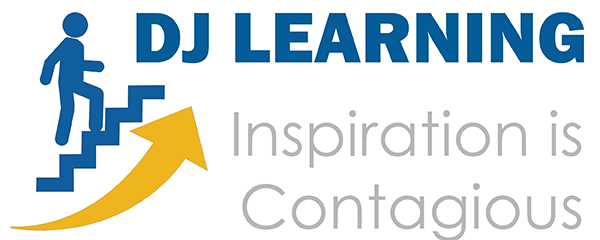Stakeholder management is a key aspect of any modern organisations activity. Keeping every stakeholder happy, despite their potential different priorities, expectations and objectives, is both vitally important and at times, thankless.
The first step in a stakeholder management process is to identify the stakeholders. This would include anyone who has an interest in the success or failure of the organisation, anyone affected by the work the organisation carries out and anyone with power or influence. Stakeholders can be individuals, groups or other organisations and can be managed, upwards, downwards or sideways, also internally and externally.
So, we have a very complex, ever changing stakeholder matrix to manage!!
Understanding your stakeholders and their priorities is also very important as is developing relevant strategies to influence them;
- What motivates them?
- What information do they want from you and how often do they want it?
- What emotional or financial interest do they have in your work and is it positive or negative?
- Who influences their opinions and their opinions of you? Are there conflicting interests among your stakeholders?
- What powers do stakeholders have and what influences can they exert?
These are a few areas to consider which demonstrates that there is much to think about when it comes to understanding your key stakeholders.
In terms of managing stakeholder relationships there are several key principles to consider;
- Understanding what success means for everyone,
- Having a robust communications strategy in place
- The art of compromise
- Taking responsibility,
- Ongoing dialogue and consultation
- Above all remembering we are all human!!
Edward Freeman introduced Stakeholder Theory in 1984 which appears to focus on the private sector. Freeman built his stakeholder theory around the idea that business should not only function for financial benefit, but that they should run for the benefit of their stakeholders and owners. The idea is that if a company pays attention to its stakeholders they will make a larger profit overall. So, in essence, a company has to consider all of its stakeholders when making a decision. This approach emerged as a response to Milton Friedman’s stockholder theory, which says that a company is solely responsible to its owners (stockholders). Both theories have their merits, but in the modern business world, where there are so many stakeholders, both internal and external (some are both), with potentially different interests, it is important to try to achieve an optimum overall level of stakeholder satisfaction.
We do also need to consider that stakeholder management also applies, albeit in very different contexts, in the public and tertiary sectors.
So, there is little doubt that this is an area that is quite complex, can be tricky to manage and can be subject to quick and possibly unexpected change….and just to add to our deliberations, stakeholder management can also be, probably should be applies to our personal and learning lives!!
Here at DJ Learning we consider our clients, staff and suppliers as our key stakeholders. As a small business, having a strong network is very important to us as is having mutually beneficial, strong and sustainable stakeholder relationships. As with any other business, this has its challenges and sometimes compromise is needed on one or both sides. However, our aim is always to achieve a positive outcome.



